PM Modi says India is encouraging indigenous vaccine production
Sat 03 Oct 2020, 15:58:56
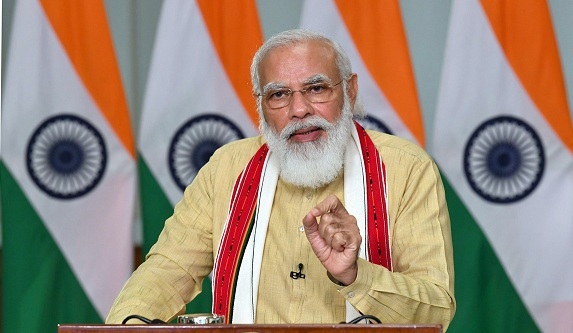
India is encouraging indigenous vaccine production, Prime Minister Narendra Modi said on Friday. He was inaugurating the Vaishvik Bhartiya Vaigyanik (VAIBHAV) Summit 2020, a global virtual summit of overseas and resident Indian Researchers and Academicians.
The Prime Minister referred to India’s efforts towards development of vaccines and executing the vaccination programme.
“The long break in vaccine production is broken. In 2014 four new vaccines were introduced into our immunization programme. This includes indegineously developed rota vaccine," said Modi.
Modi also mentioned about ambitious mission to eliminate tuberculosis in India by 2025, which is five years before the global target.
The Prime Minister said that government has taken numerous measures to boost scientific research and innovation as science is at the core of its efforts towards socio-economic change.
“The need of the hour is to ensure more youngsters develop interest in Science. For that we must get well-versed with science of history and history of science," he said.
Modi also highlighted the National Education Policy 2020 which was brought in after three decades and after nation-wide detailed consultations and deliberations.
“The policy aims to boost curiosity towards science and gives much needed boost to Scientific Research. It provides open and broadbased environment to nurture young talent," Modi said.
The Prime Minister also mentioned about the pioneering space reforms of India which will create opportunities for industry and academia.
Mentioning about Indian partnership in Laser Interferometer Gravitational-wave Observatory, European Organization for Nuclear Research (CERN) and International Thermonuclear Experimental Reactor (ITER), he highlighted the importance of scientific research and development efforts at global level.
Modi also referred to India’s major missions on supercomputing and cyber physical systems. Talking about fundamental research and applications in areas of artificial intelligence, robotics, sensors, and big data analysis, the Prime Minister said that this will boost the startup sectors and manufacturing in India.
He mentioned about the 25 innovation technological hubs already launched in India and how it would further boost the startup ecosystem.
“India wants top quality research to help its farmers. He praised Indian scientists
for increasing the production of pulses and food grains," Modi said.
for increasing the production of pulses and food grains," Modi said.
“India wants top-class scientific research to help our farmers. VAIBHAV summit will lead to useful collaborations in teaching and research. The efforts of the Indian diaspora will help create ideal research ecosystem," he said.
In VAIBHAV summit, more than 3000 overseas Indian origin academicians and scientists from 55 countries and about 10,000 from India are taking part and it is being organized by 200 Indian academic institutes and Science & Technology (S&T) departments, led by Principal Scientific Advisor K. Vijayaraghavan, Government of India. Around 700 overseas panelists from 40 countries and 629 resident panelists from eminent Indian academia and S&T departments will deliberate on 18 different verticals with 80 sub-topics in 213 sessions.
The deliberations will be held from 3rd October to 25th October 2020, with consolidation of outcomes on 28th October. The summit will conclude on the occasion of Sardar Vallabh Bhai Patel Jayanti i.e. 31st October 2020. The initiative involves multiple levels of interactions among the overseas experts and Indian counterparts over a month-long series of webinars and video conferences.
The broad S&T areas that will be discussed during the summit includes computational sciences, electronics and communication, quantum technologies, photonics, aerospace technologies, medical sciences, biotechnology, agriculture, material & processing technologies, advanced manufacturing, earth sciences, energy, environmental sciences, and management.
The aim of the summit is to bring out a comprehensive roadmap leveraging the expertise and knowledge of global Indian researchers for addressing emerging challenges for universal development. The summit will reflect on the collaboration and cooperation instruments with academia and scientists in India and abroad. The goal is to create an ecosystem of Knowledge and Innovation in the country through global outreach.
Principal Scientific Advisor K. Vijayaraghavan and 16 overseas panelists from different countries viz. USA, Japan, Australia, UK, France, Singapore, Republic of Korea, Brazil and Switzerland, working in different domains such as computing & communication, sono-chemistry, high energy physics, manufacturing technologies, management, geo-science, climate changes, microbiology, IT security, nano-materials, smart villages, and mathematical sciences interacted with the Prime Minister during the inaugural session.
No Comments For This Post, Be first to write a Comment.
Most viewed from National
Most viewed from World
AIMIM News
Delhi Assembly polls: Owaisi leads Padyatra in Okhla
Feb 01, 2025
We reject this Waqf Amendment Bill: Asaduddin Owaisi
Jan 30, 2025
Latest Urdu News
Most Viewed
May 26, 2020
Which team will win the ICC Men's Champions Trophy 2025 held in Pakistan/Dubai?
Latest Videos View All
Like Us
Home
About Us
Advertise With Us
All Polls
Epaper Archives
Privacy Policy
Contact Us
Download Etemaad App
© 2025 Etemaad Daily News, All Rights Reserved.

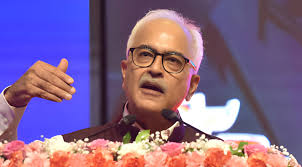
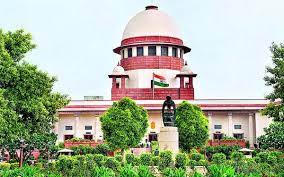
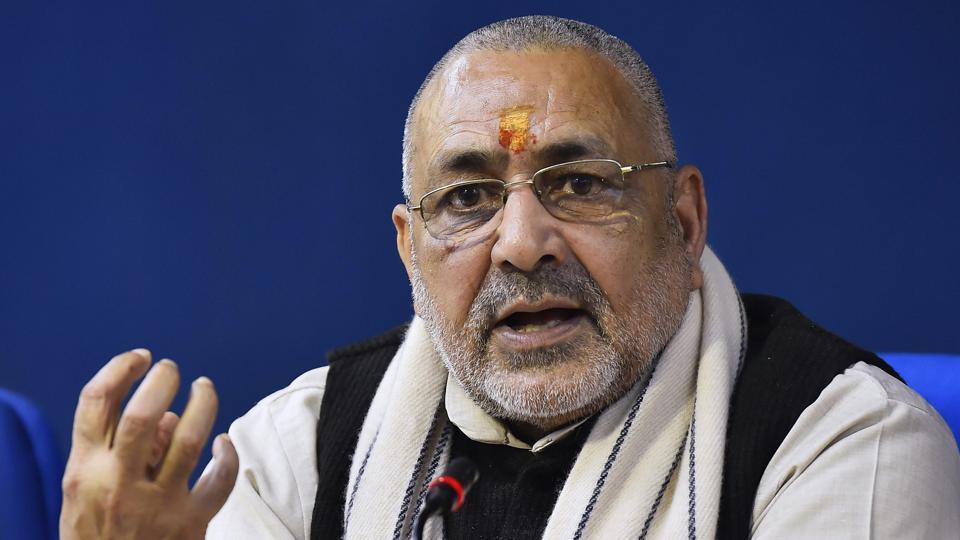
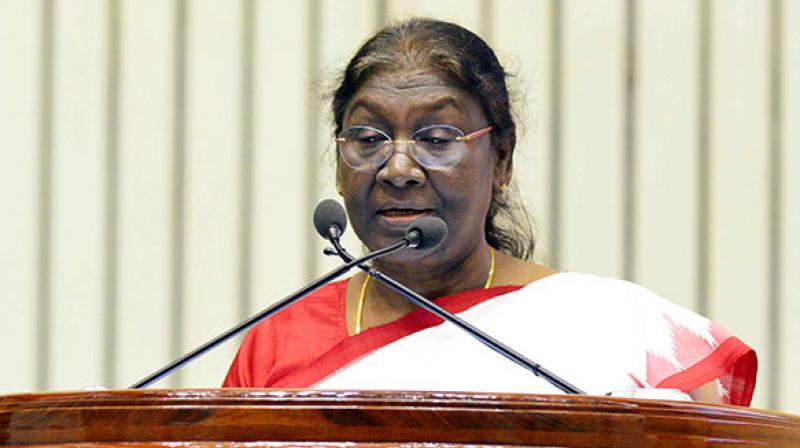
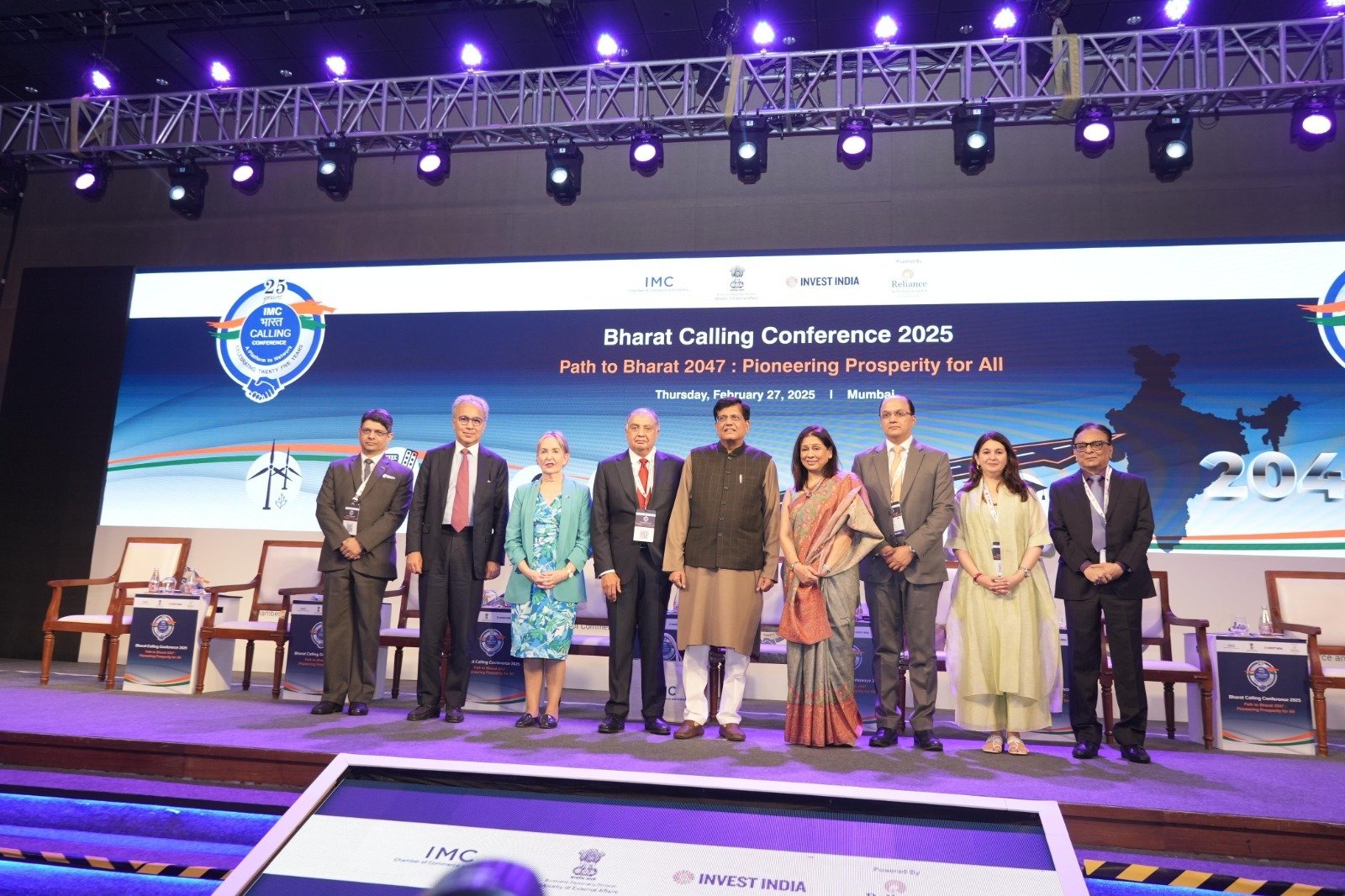
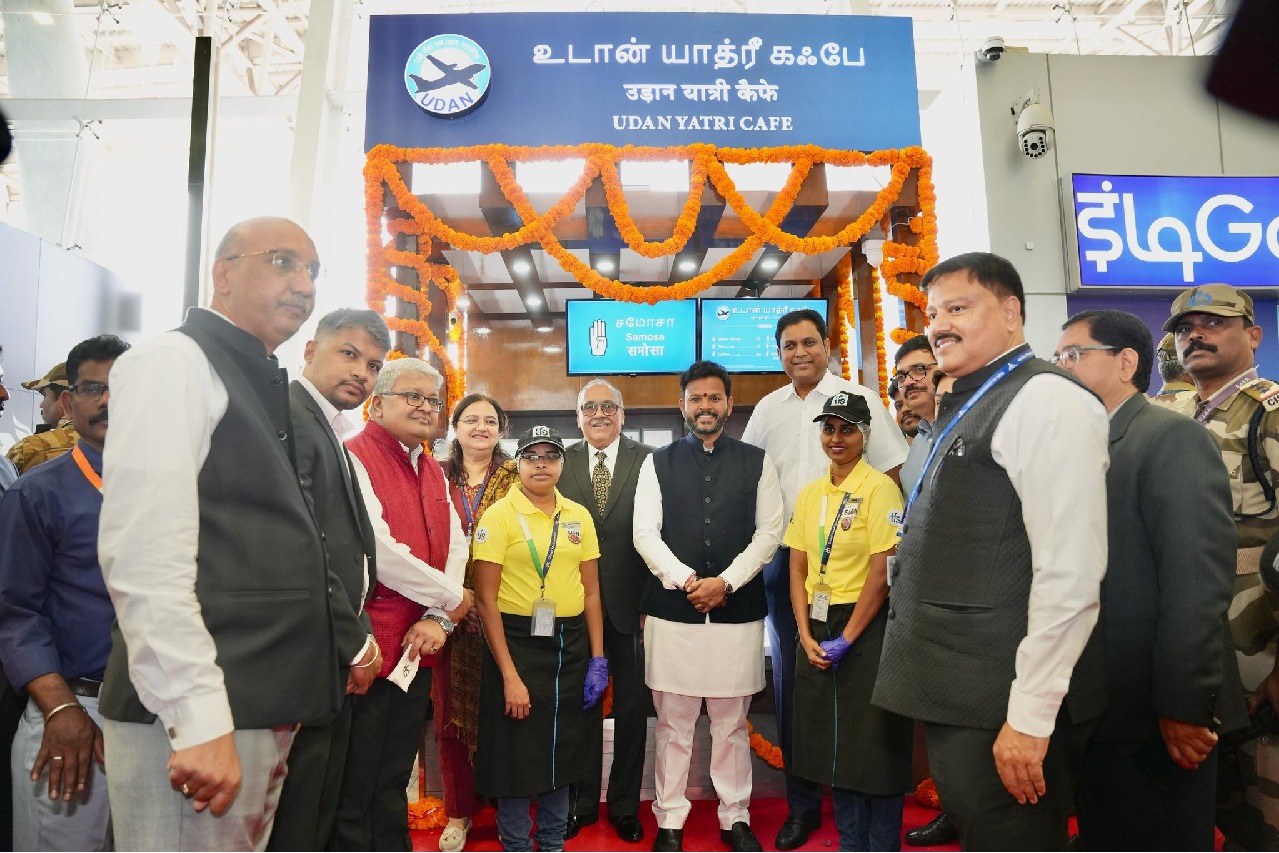
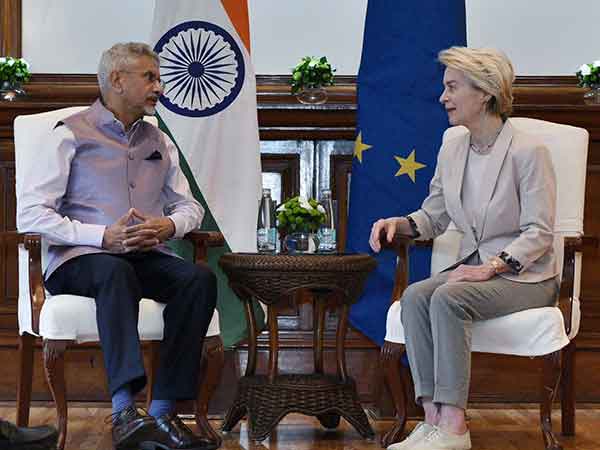
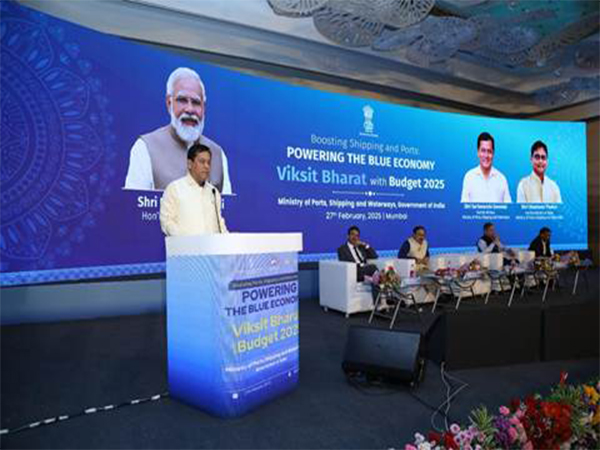
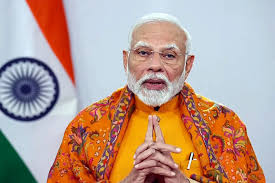
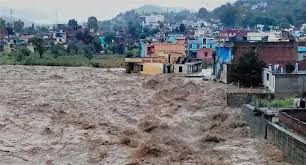
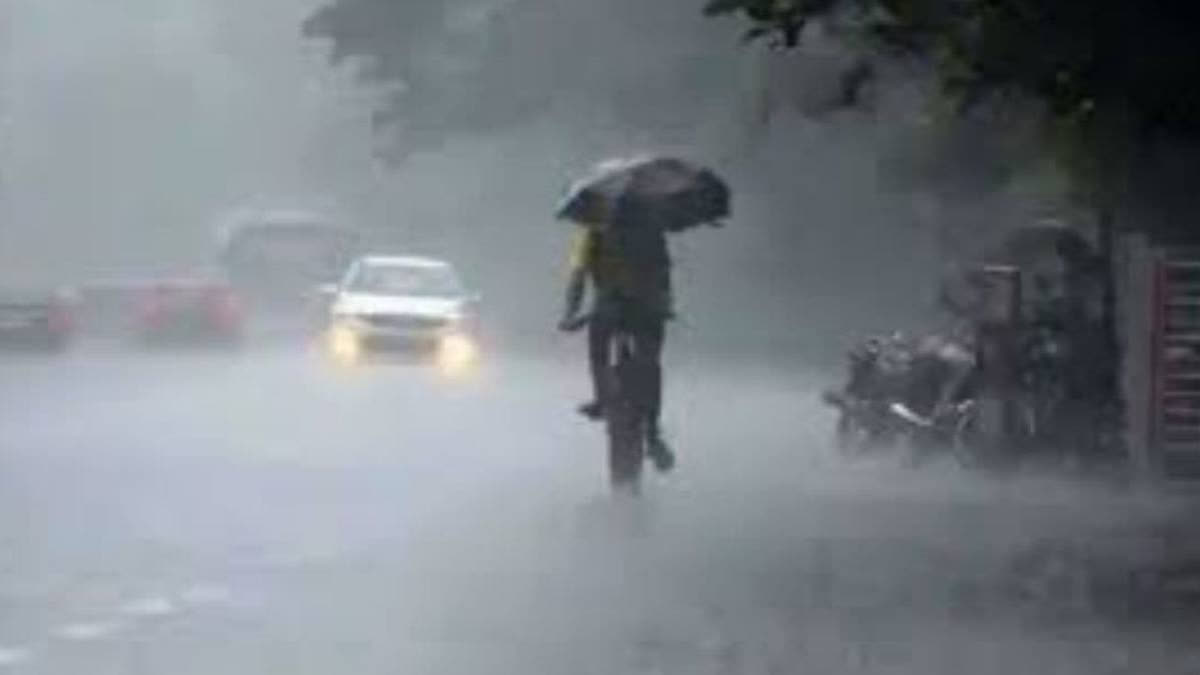
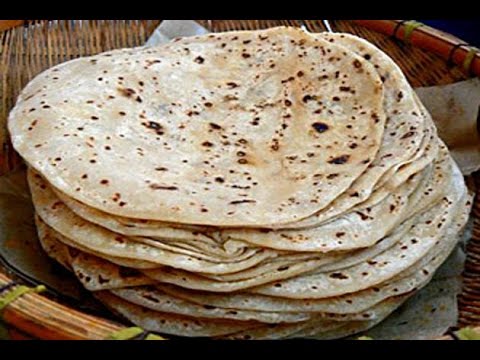

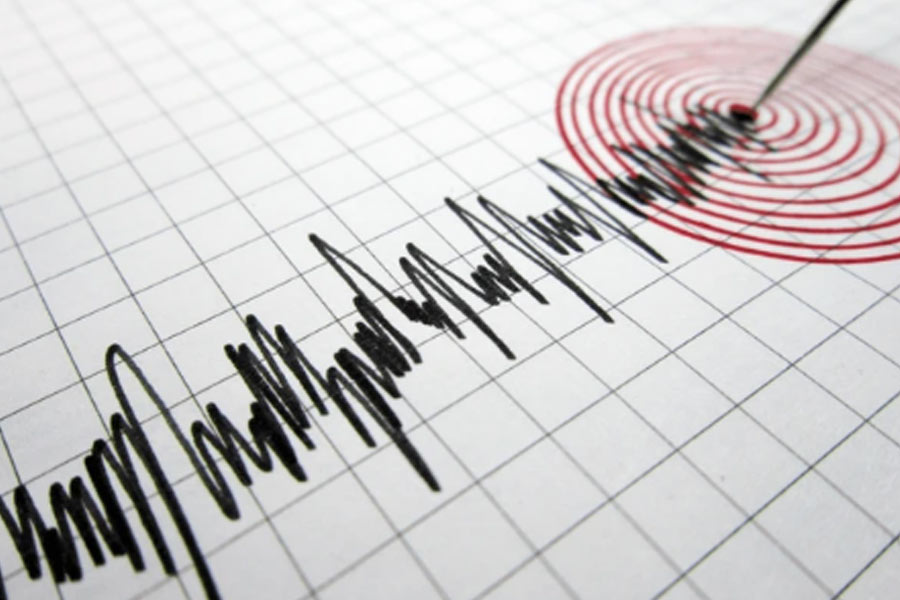
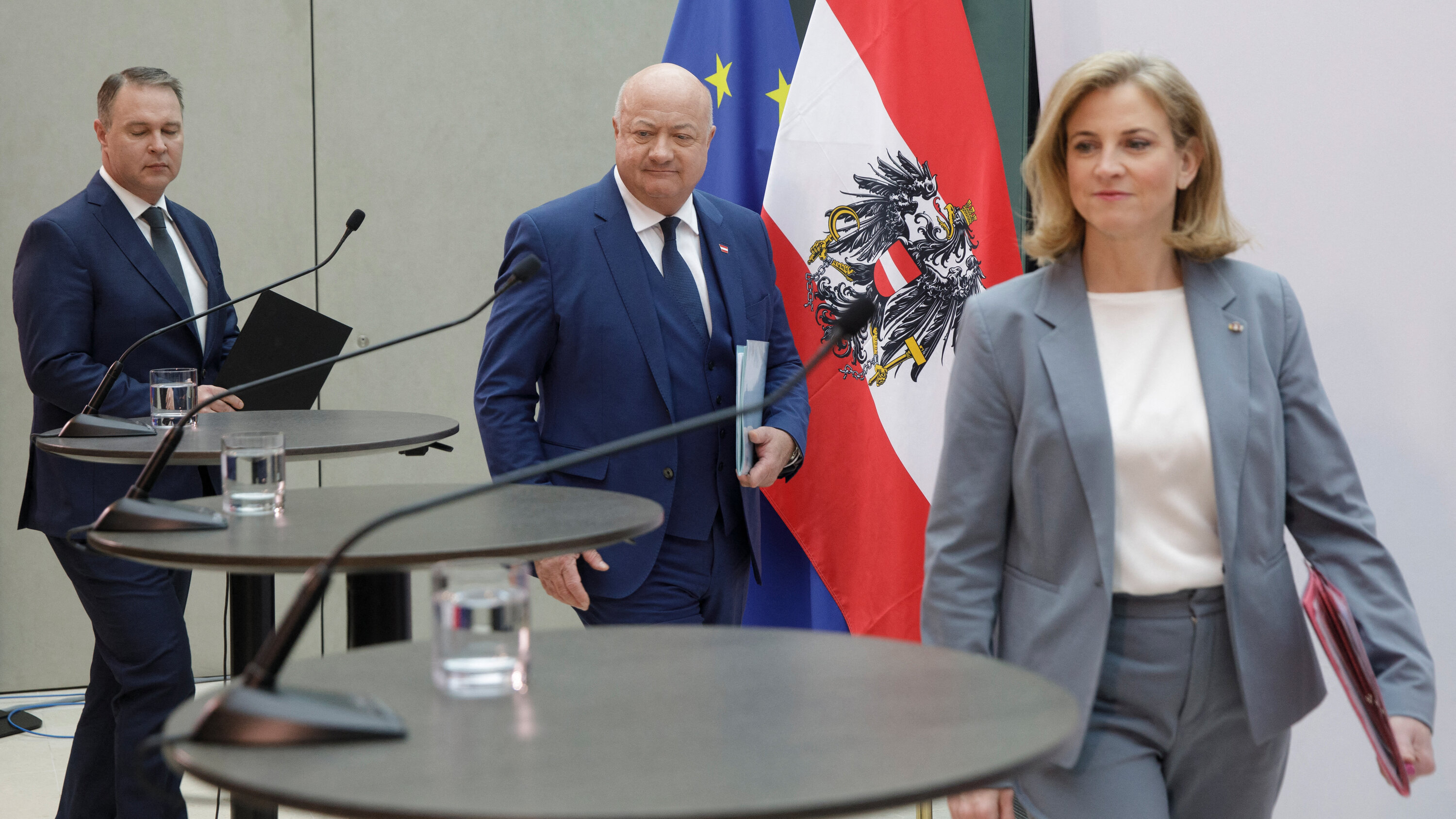

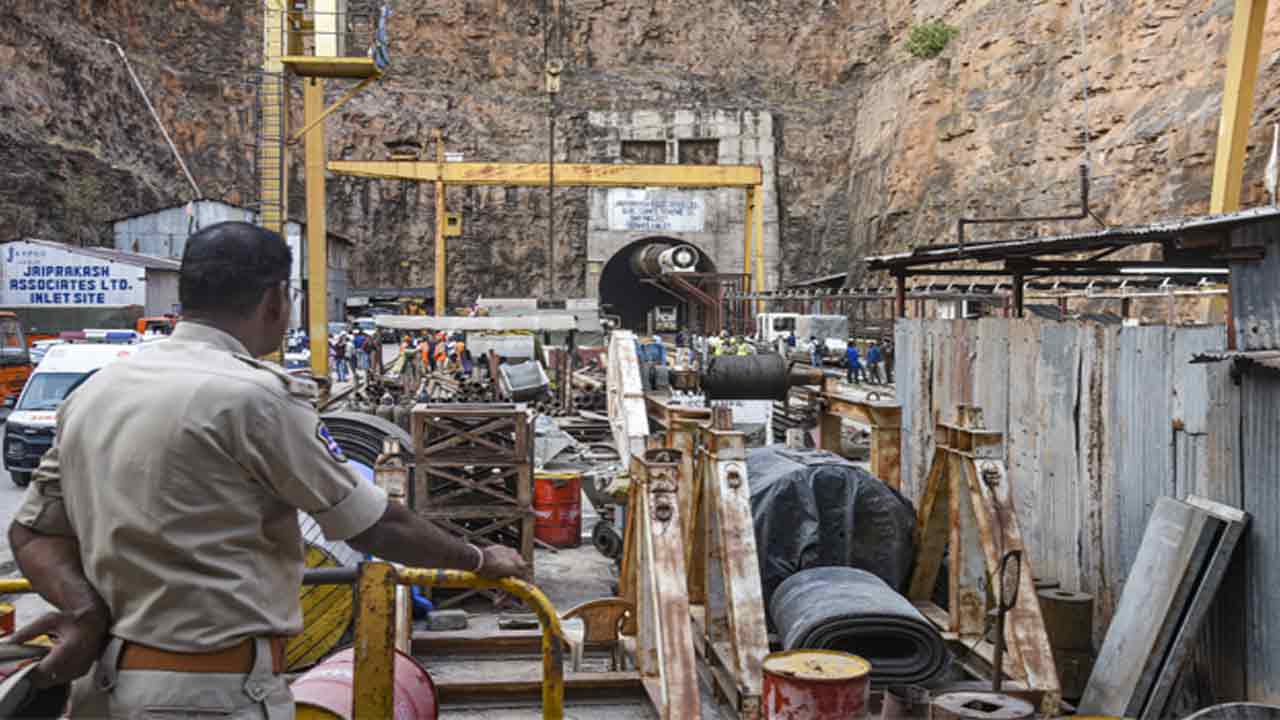
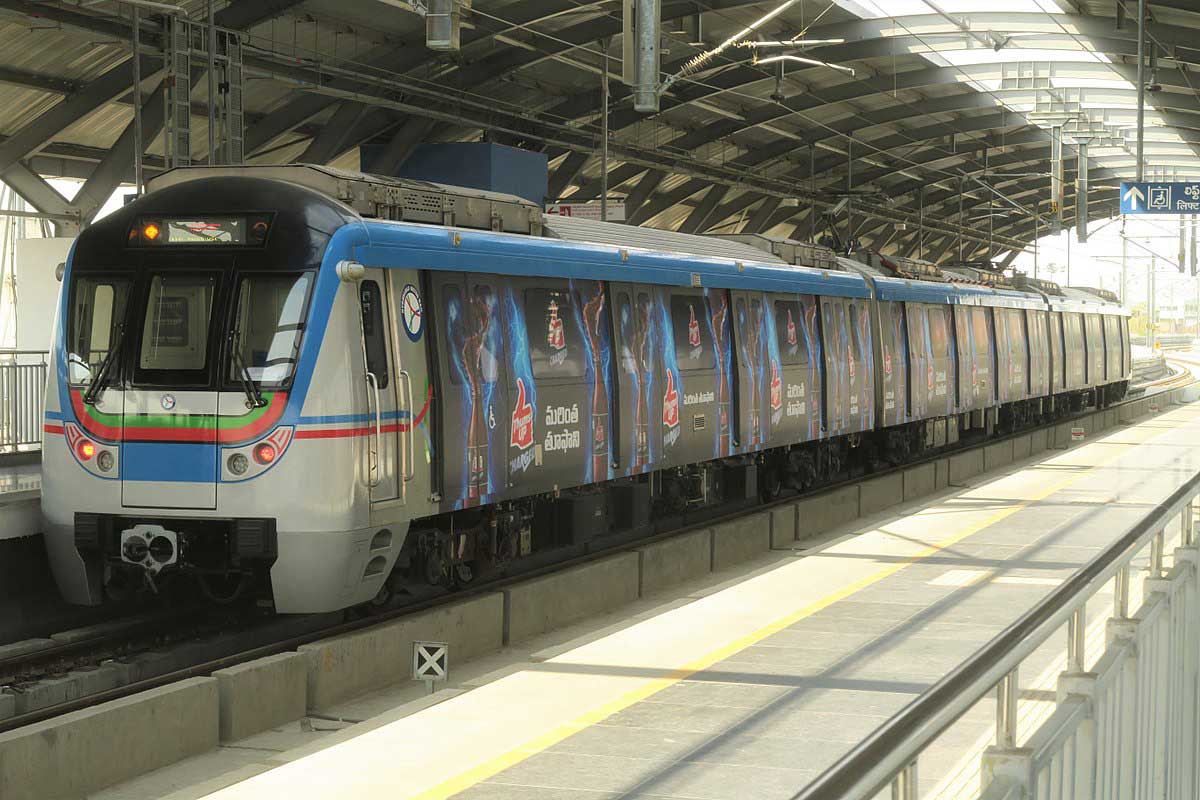
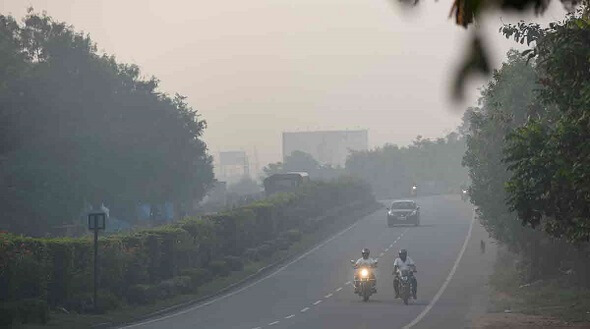
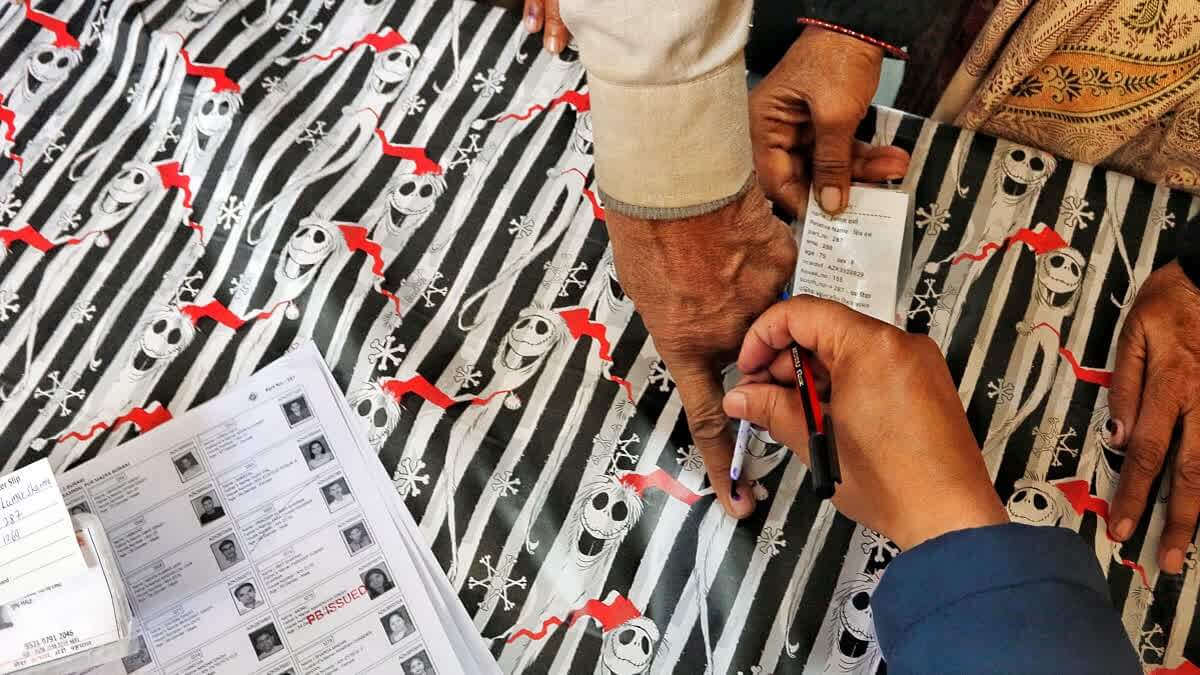
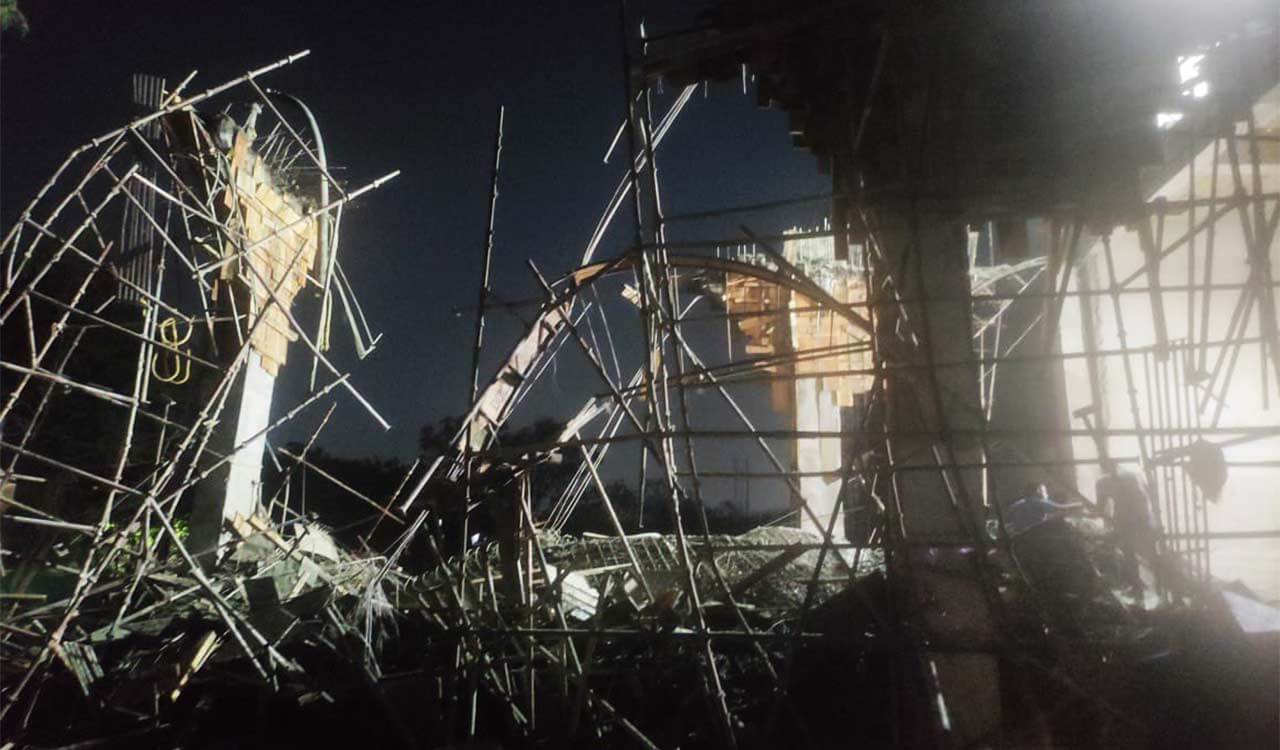
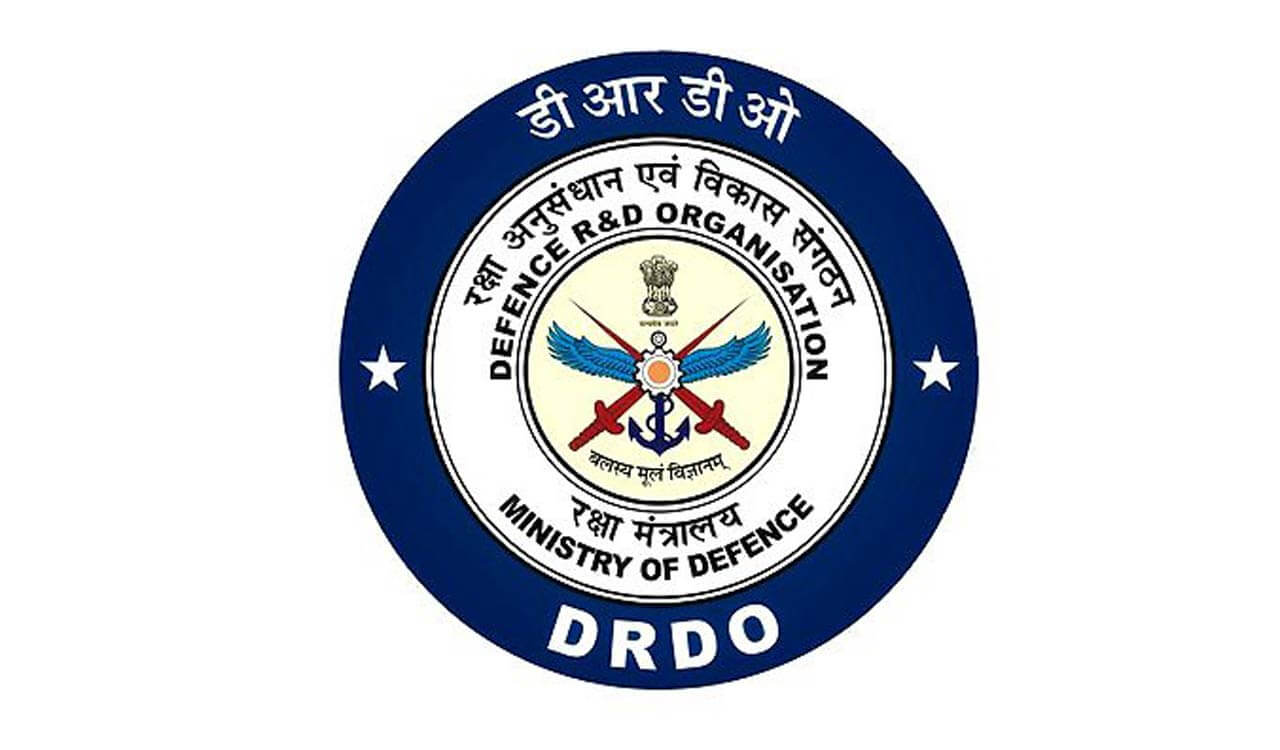
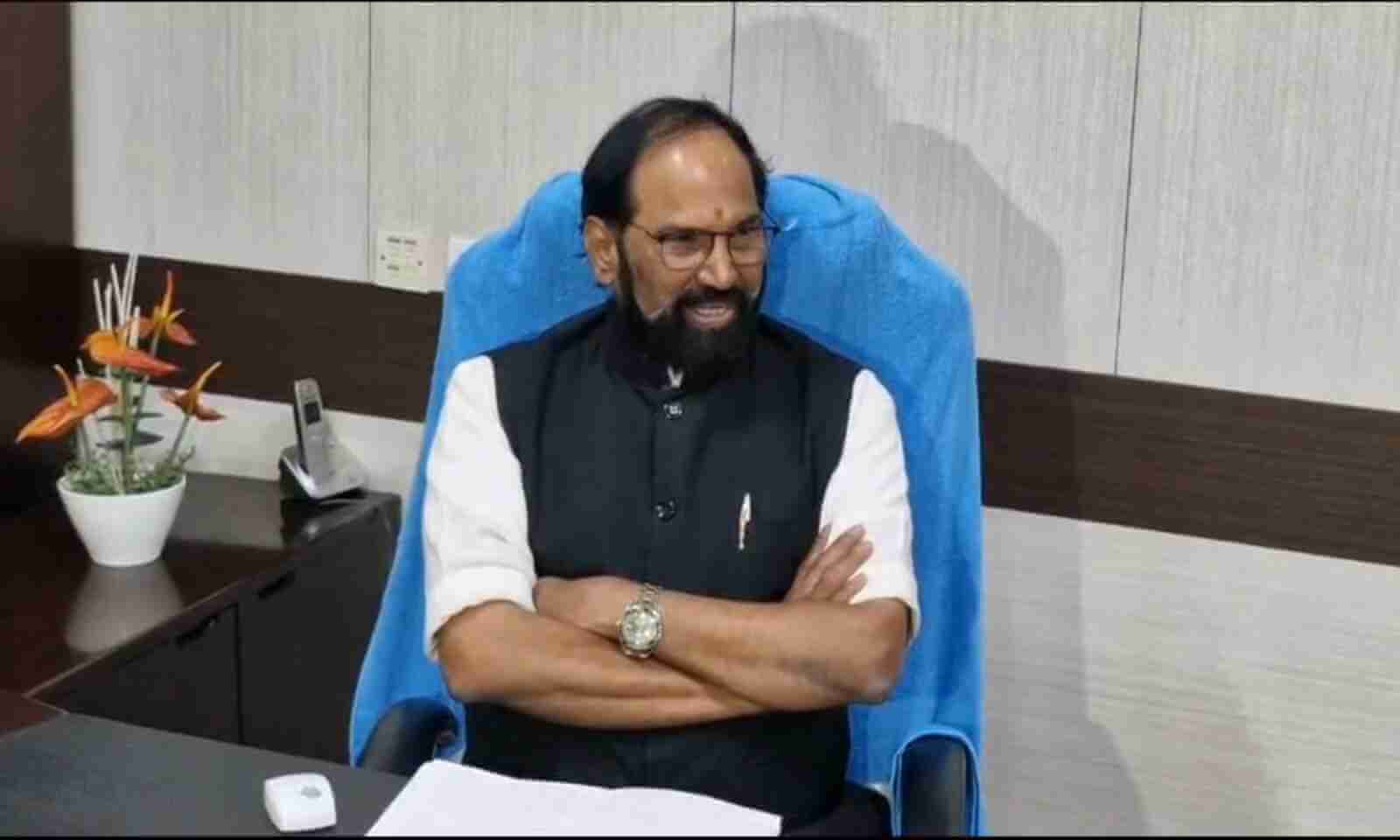
.jpg)

















